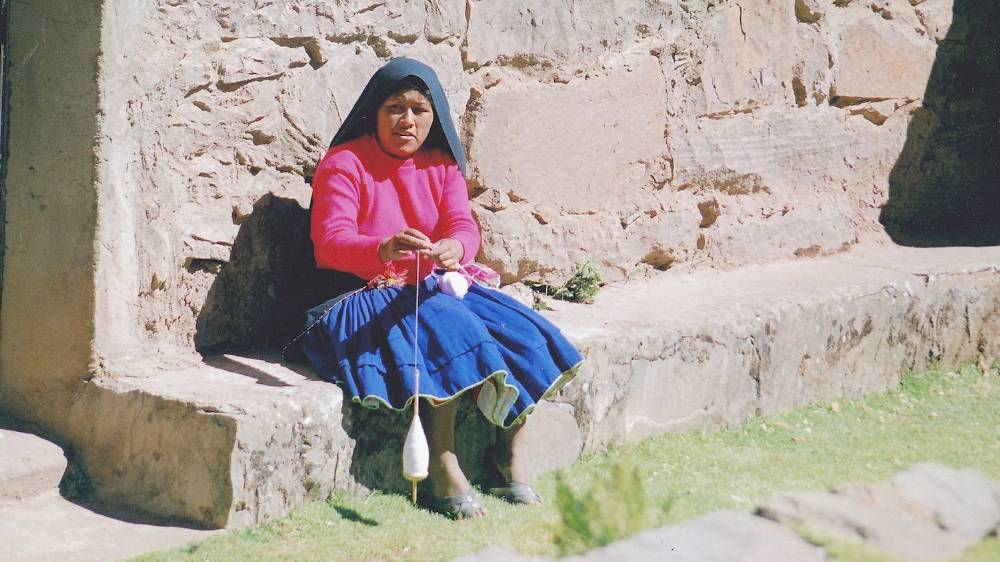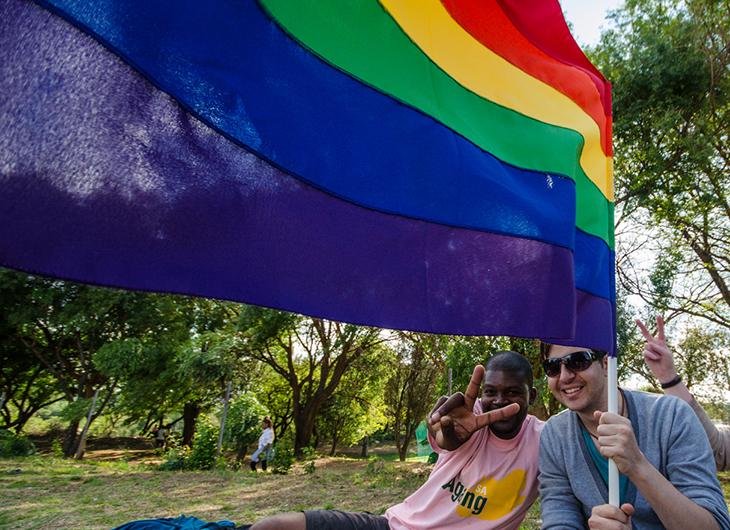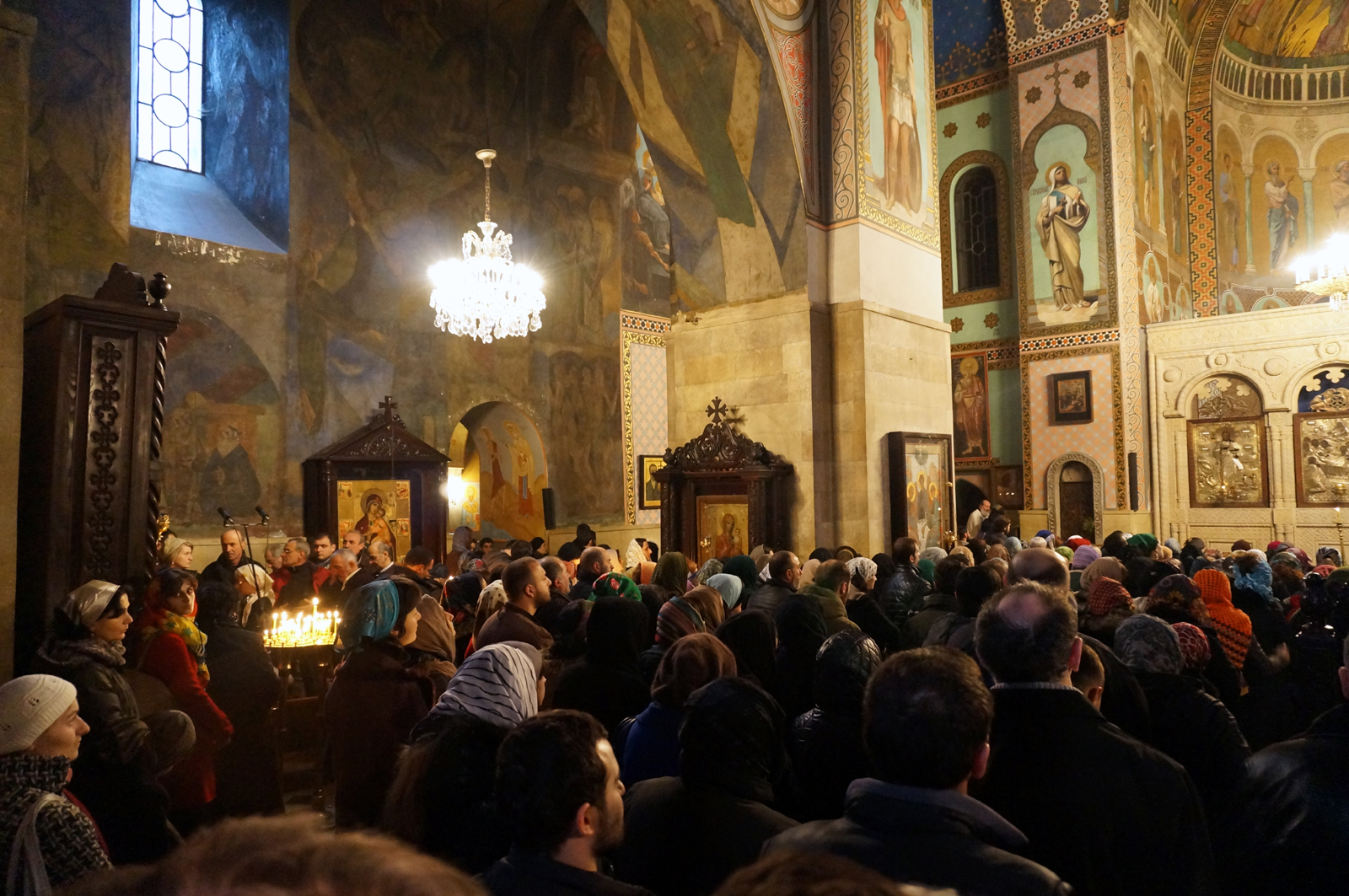Last week, the UN General Assembly adopted its 2030 Agenda for Sustainable Development, which includes 17 global sustainable development goals (SDGs) such as to eradicate poverty, take urgent action on climate change, and promote health and gender equality for global cooperation over the next 15 years.
The SDGs take a multi-sectoral approach to development. Access to safe abortion care can be linked to several 2030 targets within the SDGs such as universal sexual and reproductive rights and gender equality and the SDGs around poverty, education, inequality, economic growth and justice.
However, in a joint statement issued last week, UN and regional human rights experts expressed deep regret that the SDGs do not go far enough. These experts—rapporteurs on specific human rights issues of the UN Human Rights Council, the Inter-American Commission on Human Rights and the African Commission on Human and Peoples’ Rights—joined together for the first time in making the statement. They stated that criminalization of abortion is discriminatory and called on governments to “remove punitive measures for women who undergo abortion, and at the very minimum, legalize abortion in cases of sexual assault, rape, incest, and where the continued pregnancy endangers the mental and physical health of the woman or the life of the woman.”
The experts emphasize that sexual and reproductive health and rights are based on universally accepted human rights standards, as codified in international and regional treaties, as well as in international political consensus documents.
“The SDGs are just a starting point,” says Patty Skuster, Senior Policy Advisor at Ipas. “The experts’ statement reinforces that access to safe abortion is an established human right and an international development priority.”
For more information, contact media@ipas.org




